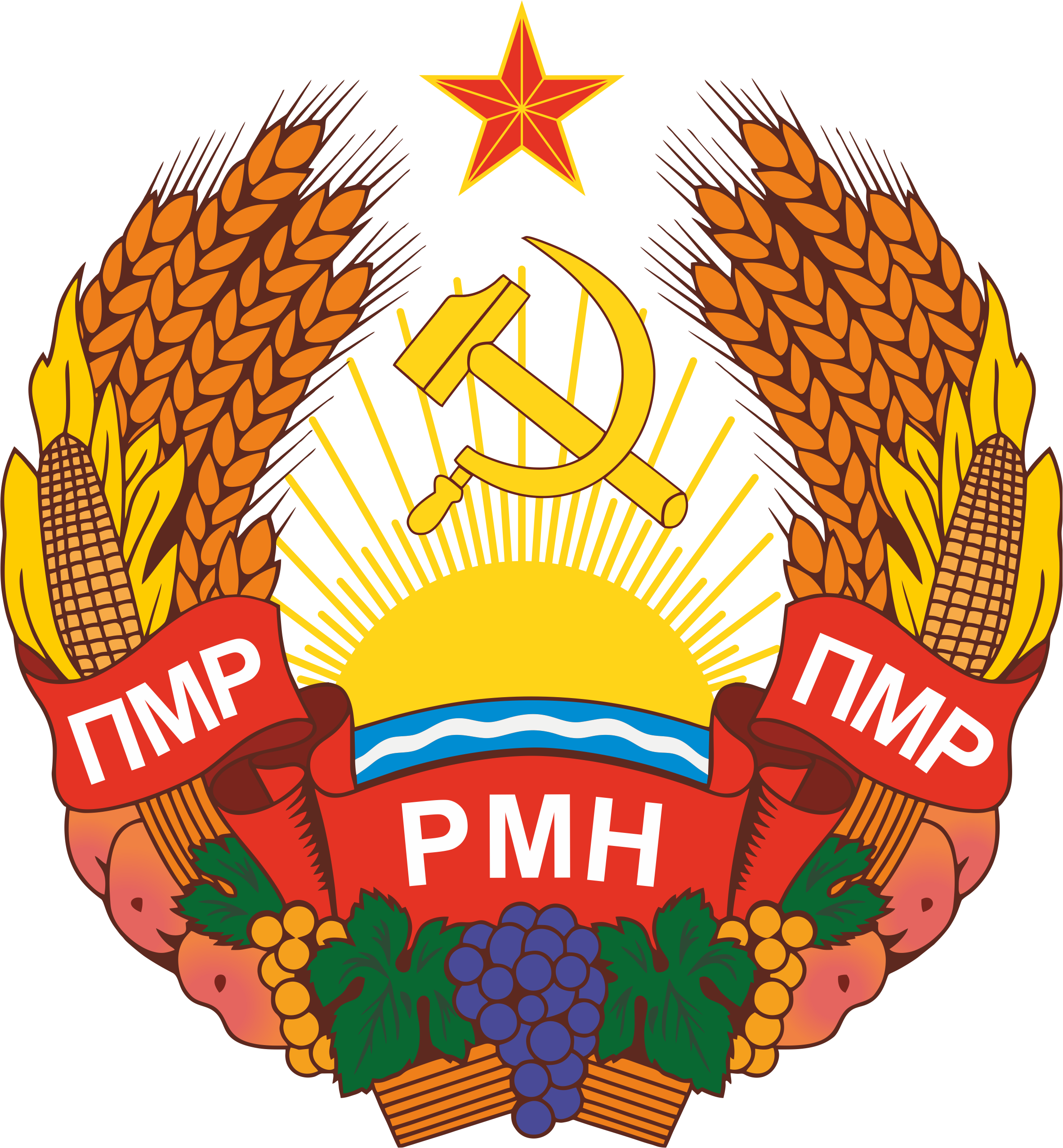Deputies and specialists of the Committee on Agro-Industrial Complex, Industry, Transport, Construction and Natural Resources worked during the autumn session on legislations regarding compulsory motor third-party liability insurance, in the field of land registration, payment of environmental fees, and more. The autumn session of the Supreme Council is not closed; the preliminary results of the Committee's work in the autumn session are presented in the content of the parliamentary press service.
Changes to the law on compulsory motor third-party liability insurance
The Committee on Agro-Industrial Complex worked during the autumn session on draft laws amending the law "On compulsory civil liability insurance of vehicle owners". Thanks to the adopted changes, for example, drivers no longer need to keep a paper MTPL policy, as before. Traffic militia officers can now check whether the MTPL policy has been issued using the automated information system for compulsory insurance. The Supreme Council adopted the norm on simplifying the previous rules at the beginning of the autumn session. The law-in-draft was intended to strengthen measures against fraud in the insurance sector. For example, there were cases when the culprits of an accident issued an MTPL policy immediately after the accident on the same day. The insurance coverage will only begin three hours after the payment of the insurance premium, which eliminates the possibility of abuse, if the policy is issued as an electronic document.
Other additions were made to the law on MTPL. According to the rules, everything must remain in place and not move in order to clarify the circumstances of an accident. However, the law prescribed exceptions. It is possible to urgently restore before the arrival of experts, for example, the supports of power lines or the trolleybus network. By adopting the law-in-draft, the deputies supplemented the list of exceptions, stipulating that damage to telecommunications networks and structures can be quickly repaired before the insurer arrives. It is imperative to photograph and film everything in advance in this case. The law will come into force after it is signed by the President.
Livestock farms must be outside the settlement
It is prohibited for running a peasant (farming) enterprise in the field of livestock farming to use land plots within the city and village, as well as those that were provided for running a personal subsidiary farm or for housing or other construction. Such a norm, adopted by the Supreme Council, will help protect the rights of citizens in whose neighborhood livestock farms have appeared in the residential sector. According to the law adopted by the deputies, entrepreneurs will have to move their farms outside the city or village, otherwise they will have to pay a fine of 200 to 300 minimum wages (3680 – 5520 rubles). According to the amendments prepared by the deputies of the Committee on Agro-Industrial Complex, Transport, Construction and Natural Resources, the boundaries and area of land for transfer to entrepreneurs will be determined by the Government by its regulatory legal act. The deputies gave the Ministry of Agriculture six months for this work. The size of the plots must be sufficient to comply with veterinary and sanitary rules for keeping animals at the same time, which means that residents of cities and villages will no longer have to endure unpleasant odors and insects from a large number of livestock in the neighborhood.
Exemption from state duty
Amendments came into force January 1 that exempt citizens from paying state duty for the entire year when registering land plots intended for gardening, vegetable gardening, in rural areas and for personal subsidiary farming. Deputies of the Supreme Council, including the relevant committee, taking into account the amendments, supported the corresponding law-in-draft of the Government so that residents of villages and towns register their rights to land plots, and the payment of state duty does not become an obstacle to this.
Construction amnesty extended
Pridnestrovians will be able to register buildings that were erected on land plots before 2023 without permits without a fine before the end of this year. The Supreme Council has extended the construction amnesty. Residential, garden houses, summer cottages, extensions and various outbuildings fall under it. This measure of state support for citizens is prescribed in the law "On certain additional state measures aimed at minimizing the negative impact of external economic factors".
You can apply for participation in the tax experiment until the 15th of April
Tax experiment started in the republic on January 1. It is designed to introduce one aggregate environmental payment instead of several types of payments for pollution of the environment and for the use of natural resources. Organizations that cause minimal damage to the environment can participate in such a tax experiment. For example, this applies to the construction, agriculture, trade and public catering sectors. You can still apply for participation in such a tax experiment until the 15th of April. The Supreme Council has extended the deadline for applying to the tax authority. The conditions for participation were changed by deputies so that more organizations could apply for one aggregate environmental payment instead of several payments in addition to the deadlines.
Advance payment for environmental pollution
The specialized committee on agro-industrial complex issues worked on law-in-draft that extends the measure to simplify the calculation and payment for environmental pollution and the use of natural resources. Legal entities in 2025 can make an advance payment, as in the previous 3 years. The relevant rules are enshrined in the law "On payments for environmental pollution and the use of natural resources".


 Законы ПМР
Законы ПМР Постановления
Постановления Законопроекты
Законопроекты Анонс мероприятий
Анонс мероприятий 0 (533) 6-24-24
0 (533) 6-24-24